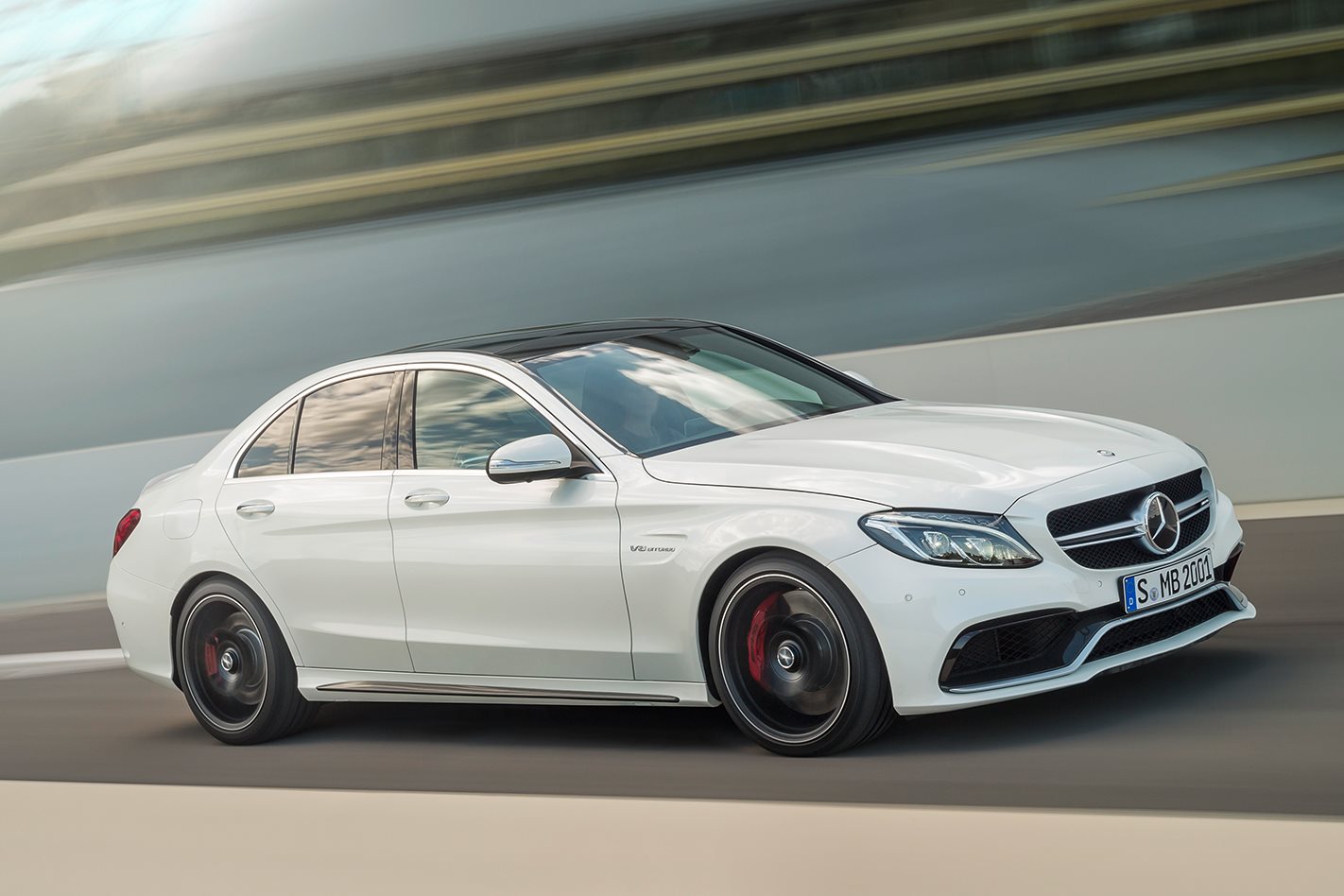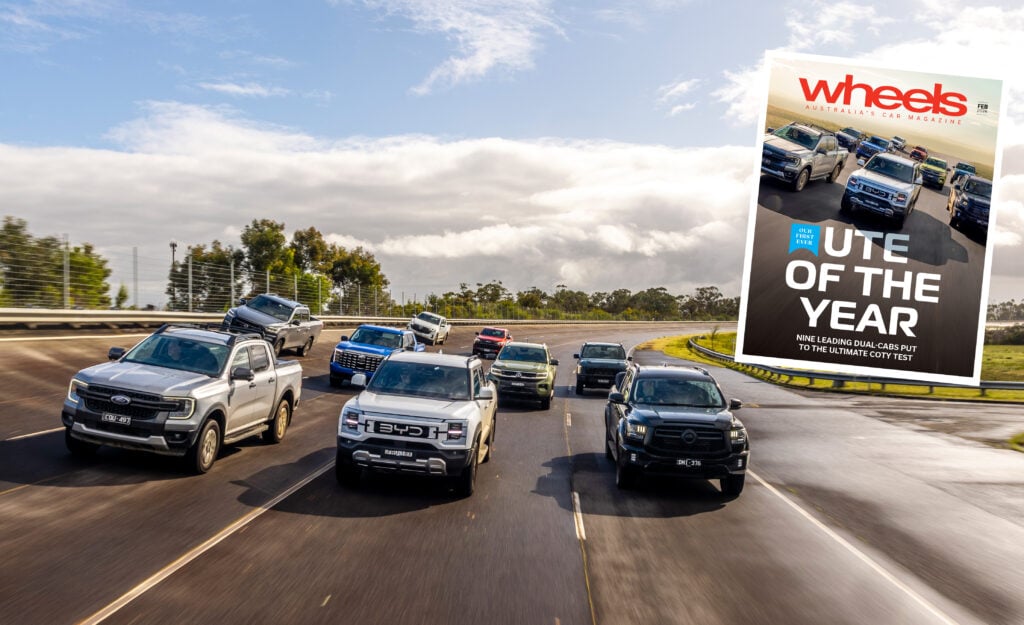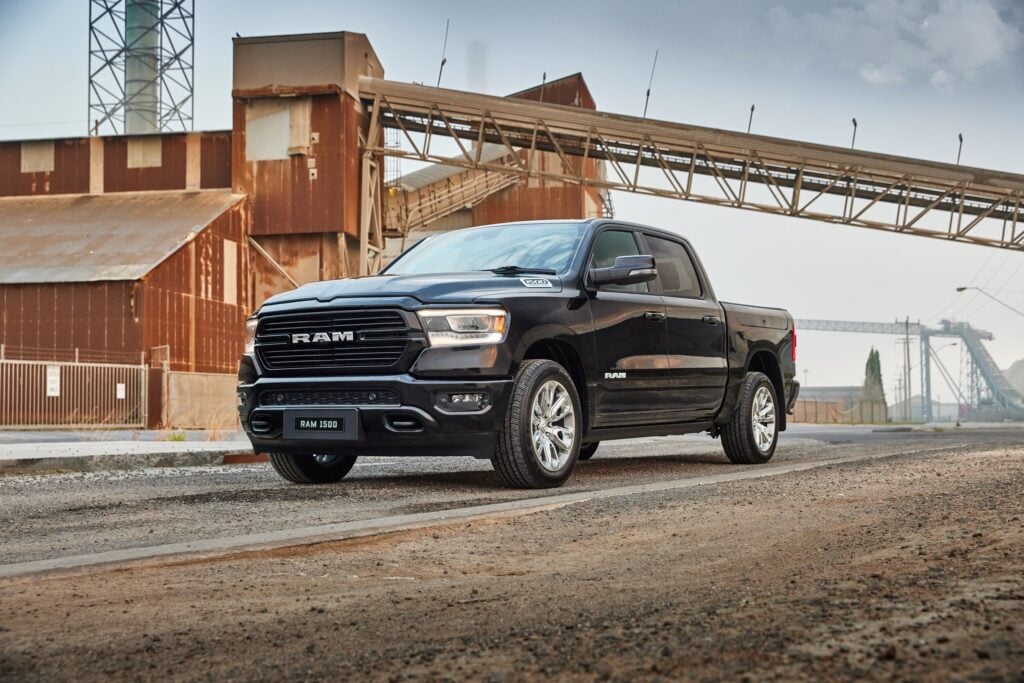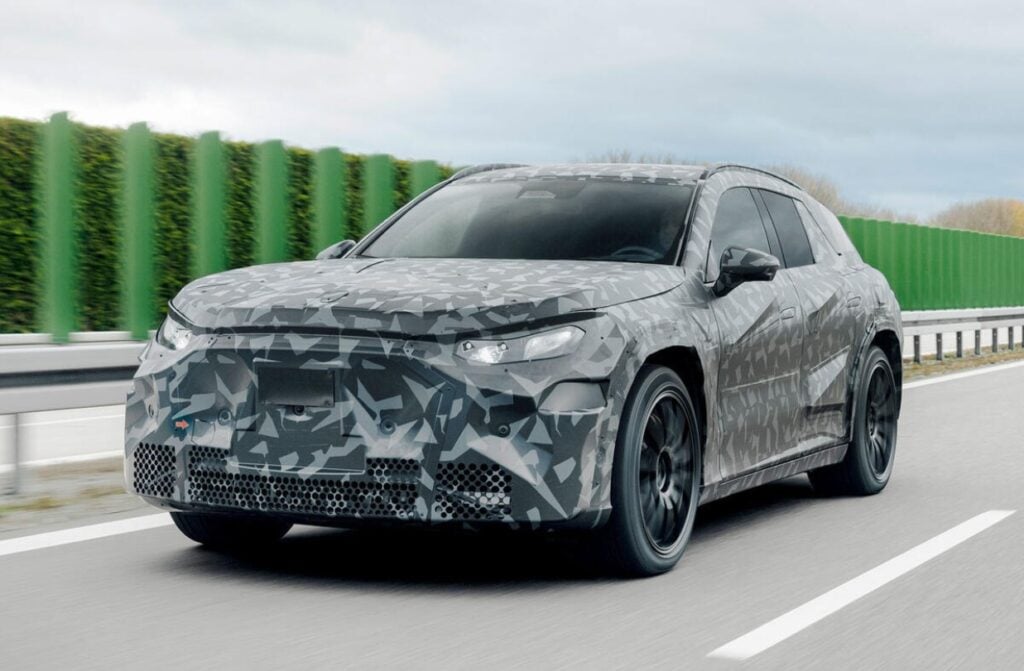SOME of the thirstiest, most expensive cars on the market should be slightly cheaper from today following an increase in the threshold at which the controversial luxury car tax is applied.
The point at which the 33 percent tax is applied has been raised from $61,884 to $63,184 – a total of $1300 or just 2.1 percent.
It should make some cars $390 cheaper than they were yesterday (the tax is applied before GST is added).
However, the ruling does not make “fuel-efficient” luxury vehicles – those using less than 7.0 litres of fuel per 100 kilometres, according to the government-derived fuel figure – more affordable.
The threshold at which the LCT kicks in on those cars is still $75,375 – the same as it was in 2010.
For that reason, the tax won’t impact the majority of luxury cars sold – most of which already comfortably duck under the government’s definition of a “fuel-efficient vehicle”.
All but one model in the current Mercedes-Benz C-Class range – the best-selling luxury car on the market – is unaffected by the tax change. As is most of the rival BMW 3 Series line-up.
Even the popular diesel-powered SUVs such as the Audi Q5, BMW X3 and Land Rover Discovery Sport receive no benefit from the recent tax change, along with most luxury models priced below $100,000.
It’s not until you get to more powerful models – including high-performance V8 models such as those from Mercedes-AMG and BMW M – that the luxury tax will be reduced.
The brand that pays luxury car tax on more models than any other brand – Toyota – also stands to benefit with its V8-powered Landcruiser and some versions of its Prado off-roader.
However, that’s only if the manufacturer or dealer passes on the savings.
Mercedes-Benz says it is not adjusting its recommended list prices, arguing the list price is “an indicative price – the maximum you will pay”.
“What price you negotiate with the dealer is up to you,” said Mercedes-Benz senior manager of corporate communications David McCarthy.
However, BMW will be passing on the modest LCT tax savings, so a $185,900 BMW X5 M is now just $185,510. Bargain.
In the past, Toyota has passed on the tax savings; Wheels is seeking comment whether the same will apply this time.
One vehicle expected to be close to the current LCT fuel-efficiency limit is the upcoming Mercedes-Benz C350e Hybrid, which can run purely on electricity for up to 31km and has claimed fuel use of 2.5L/100km – about one-third that of many mid-sized cars.
“We will not be penalising people for buying it,” Benz’s McCarthy said, hinting that it would just scrape under the $75,375 limit.
“But if you option a panoramic sunroof, the government wants a third of it.”
Cars are the only item with a specific luxury tax. Boats, planes, jewellery and other luxury items all miss out on the hefty impost.
The Federal Chamber of Automotive Industries and luxury carmakers have been campaigning for years to have the tax removed or revised.
Wheels is awaiting a response from treasurer Joe Hockey’s office.
Sign up here to receive the latest round-up of Wheels news, reviews and video highlights straight to your inbox each week.





